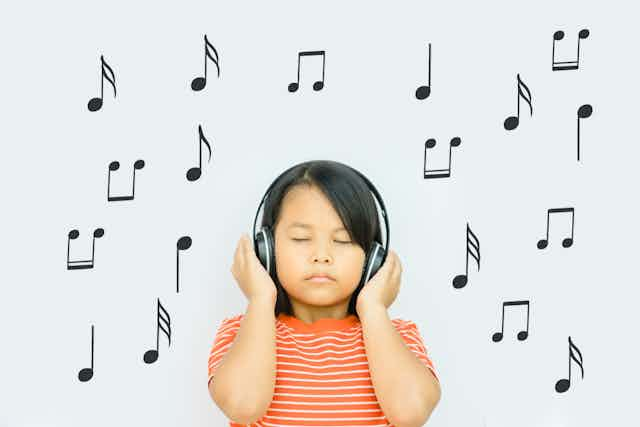Music is an integral part of life. It doesn’t matter if you’re listening to relaxing tunes, dancing beats, or lyrics; someone could not endure without the love of their life. Studies have shown that various types (or genres of music) can cause blood pressure changes. Metal and rock can are more beneficial than tranquilizer-like tracks and hormone fluctuations. Metal can take us to new places and the relaxing effect of the acoustic musician assists in controlling everything, from moods to appetites.
Music has a positive influence on our mental wellbeing. This concept isn’t new. In certain cultures, drums and singing were used for healing purposes in the past, dating back thousands of years ago. Nowadays we know how beneficial this method of therapy can be in helping patients suffering from post-traumatic stress disorder (PTSD) to anxiety problems and there’s no end to the possibilities when it comes to who is in need of help as every person has their own individual concerns regarding moods and emotions.

Music therapy is a technique that most people are already involved in in some way. The foundation of treatment is music. Therefore, it is more likely to assist those who require healing than other forms of therapy because they will experience a sense of connection instantly and notice their mood changing just by listening. For this form to be 100 100% effective, therapists typically compose songs or lyrics from songs that are traditional, while engaging in specific types like mindfulness exercises, for example, during where patients focus upon specific sound waves.
So, who could benefit from music therapy?
The use of music therapy can be utilized to ease stress and is being utilized as a method to relax your mind free of tension.
1. Hearing Impairment
The use of music therapy has been demonstrated to aid those hearing impaired, by helping improve their speech formation. Though only a small portion of people have difficulty hearing however, it’s still possible for other people to experience a feeling. Music therapy improves speech development by assisting with intonation/tempo issues , as well as the perception of wavelength/rhythm. All of these factors affect the speed or fluency with which we talk, based on the music we’re using.
2. Autism
Music therapy has been regarded as a successful method for people suffering from autism spectrum disorders (ASD). Combining music therapy with conventional treatment could help more people achieve their goals. The time between social withdrawal and isolation were shorter when kids received both treatments versus one kind of therapy. This suggests that there’s some value in combining the two since most boys who receive increased social skills also show improvements in their social interactions at home also.
3. Chronic pain
Music and pain both help to soothe sufferers. Therefore, it’s not a surprise that patients experience less physical pain when they use music therapy to ease their emotional burden. This can be accomplished by allowing your mind to drift away from the annoying sensations. It’s similar to how we use our ears when listening to music or playing the piano, where there is nothing more.
For more information, click house of music book